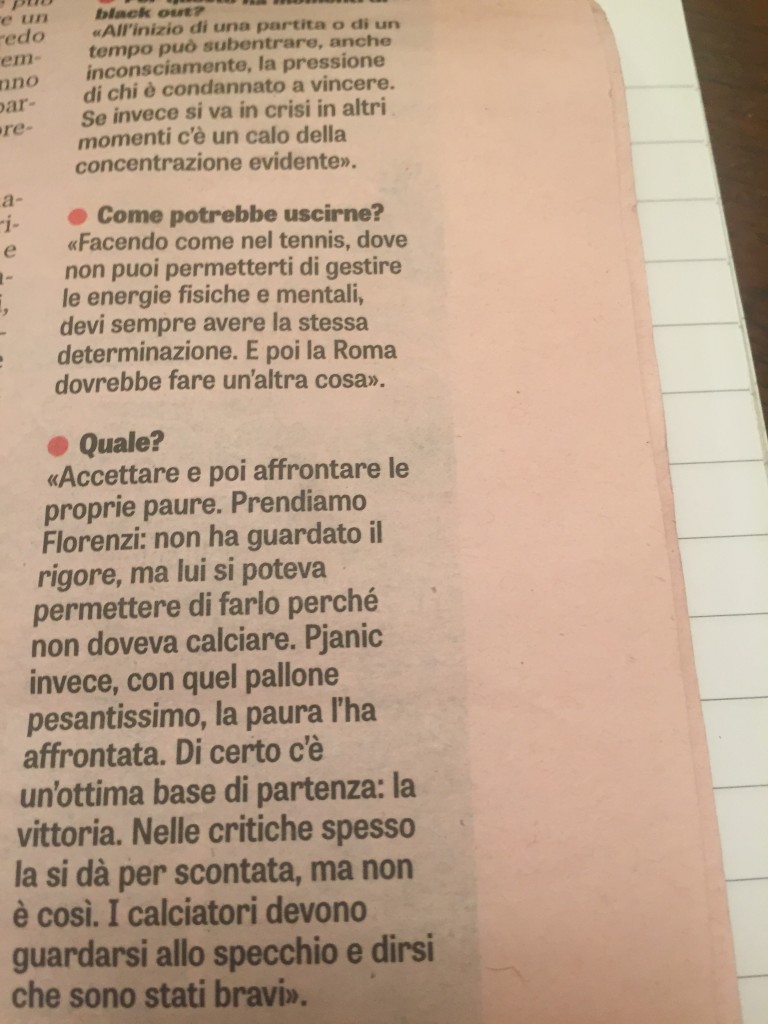Competitive performance is greatly influenced by the emotional variables perceived by athletes involved in team or individual sports. Mood is that fluctuating emotional condition that is associated with any human action. Every athlete experiences moods dominated by vigor, anger, depression, fatigue, confusion and tension that may occur during a competition. Some of these emotions are helpful while others hinder performance.
A recent study investigated how these mood states manifest n young adolescent athletes participating in team and individual sports, below I summarize the findings and recommendations for coaches.
Ladiun, S.D., Abu Talip, N.K., Nikol, L., Kram, S., Mon, D.D. Comparison of Mood State between Team Sports and Individual Sports among Young Athletes. Jurnal Psikologi Malaysia. 2021; 35(2):23-33.
Anger is one of the most frequent states in competitive sports. In this study, no significant difference was found between anger in team sports and individual sports. Anger causes discomfort, bitterness and bad mood in athletes. The results in both individual and team sports caused by spectators and loud cheering from rival team supporters are the same between the two sports.
Despite the non-significant difference in anger between the two types of sports, team sports showed an average of 0.02% higher than individual sports. It can be concluded that the individual sports used in the present study (archery and bowling) probably require more concentration and accuracy with a lower level of anger for optimal performance, while sports (rugby, karate and taekwondo) that require more physical strength may have advantages if athletes have higher anger scores before competition.
Some studies have found that athletes in sports with more physical contact tend to be more aggressive. Aggression can lead to anger, which can improve an athlete’s physical strength. Anger can lead to increased vigor and thus increased motivation. For example, in rugby, anger can lead to aggression. therefore, it increases physical strength and can also increase performance. For example, anger in winning karateka is used to increase self-confidence.
When athletes experience confusion, they also feel uncertain. There is a significant difference in confusion between team sports and individual sports. This may be due to athletes’ lack of recognition of their opponents. Athletes in individual sports tend to feel more nervous and uncertain in performing because they do not know the performance of their opponents. Therefore, this makes it more difficult for individual athletes to plan a strategy for competition. On the other hand, members of a team sport more easily recognize the most appropriate and best tactical and technical strategies for dealing with rivals in competition. This may explain the feeling of confusion that individual athletes experience compared to team sports.
When athletes experience fatigue, they feel exhausted, worn out, sleepy and tired. The results showed a significant difference between the two types of sports. Individual sports showed a higher perception of fatigue than team sports. Individual athletes significantly feel fatigue because they train alone with coaches and wrestle individually with other athletes.
Fatigue is related to feelings of panic, anxiety, worry and nervousness. The results showed that there is no significant difference in tension between team sports and individual sports. This shows that all athletes, regardless of the type of sport, experience the same amount of tension. In addition to this, it also showed that coaches and trainers put the same amount of concentration and attention on both team sports athletes and individual sports athletes, since the purpose of participating in a competition is to give the athlete’s personal best or to win. This produces great tension in athletes.
It has been found that the average of confusion, fatigue and depression is higher in individual sports. Meanwhile, team sports allow athletes to share, discuss problems and support each other within the team, resulting in less confusion, fatigue and depression. This contributes to increased confidence and team spirit.
Vigor and anger were higher in team sports because anger can increase vigor and thus produce better physical strength in team sports.
It is critical to assess athletes’ moods before competition. Coaches should focus on athletes’ psychology in addition to physical preparation because it is believed that psychology comprises 10% of training, whereas in competition, stated psychology can influence 90% of performance.
Recommendations
Future researchers should investigate this topic further by integrating the effect of mood states with results (victory or defeat). This will help to investigate or review the effect and relationship between mood states and performance outcome (winning/losing). This will be significantly useful for coaches, athletes and sports scientists to adjust and set the appropriate mood before and during competition.
The results of the study can be applied as pre-competition mood states. Therefore, these results enable coaches, sports psychologists and athletes to recognize athletes’ psychological states before the events and prepare the necessary psychological methods or solutions, including imagination, self-talk and peep-talk, in order to adjust the appropriate mood state to improve the athlete’s performance/physical strength in sports.
These results can help train athletes with a better ability to control emotions, especially before and during competition.









